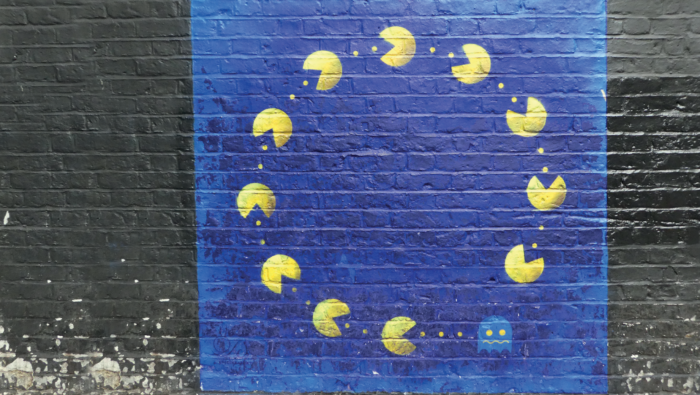Which narratives are defining the European project? How is the European Union perceived by its citizens? Is this perception alike across different divides like gender, age and identity?
What are the hopes and fears driving citizens’ attitudes towards the EU? All these questions were at the core of the FACTS project, which aimed to test the robustness of the traditional discourse of peace and prosperity that is still evoked as the European Union’s main achievement, as well as to identify the rumours and false narratives influencing citizens’ perceptions.
The FACTS project was an exercise of listening and engaging; interactive, inclusive, and collaborative; a participative test gathering EU citizens in Germany, Spain, Poland, Greece and Italy during the difficult context of a global pandemic that challenged our societal resilience and European governments’ responses, as much as our individual needs for certainty and protection. The methodology behind this project was designed to engage as many citizens as possible in facilitated dialogues, acknowledging that it could not expect to represent the whole vastness of opinions but to offer a process that emphasises the central role citizens play by outlining their own stories on Europe. This qualitative approach ended with a parliamentarians–citizens dialogue designed to connect the narratives, feelings and attitudes that emerged in each country during the first round of focus groups with their political representatives.
One of the most valuable outcomes of the FACTS project has been to identify how the dissimilarities between countries are less relevant than the divergence within countries. This polarisation may indicate that all the member states are inevitably Europeanising their national debate. However, just as much as the final conference, which gathered citizens and politicians from the five partner countries, the national focus groups highlighted how the regional dimension and the perception of geographical divides (North–South and East–West) are still present and shaping citizens’ approach to the EU. Debates about inequalities between member states, citizens, large sites of globalisation and smaller local identities were present throughout the whole project.
But, beyond acknowledging the different narratives, the FACTS project has been an opportunity for dialogue; a chance for deliberative politics; an honest attempt to give citizens a voice, and to test, in a collaborative endeavour, the state of the European project in the eyes of its citizens.
Read here the final report of the project.
Watch here the video from the final conference, held in Barcelona, in July 2022.
This project has received funding from the European Union’s Europe for Citizens programme under grant decision No. 615563 and acronym FACTS. The European Commission’s support for the production of this publication does not constitute an endorsement of the contents, which reflect the views only of the authors, and the Commission cannot be held responsible for any use which may be made of the information contained therein.
The texts are published in digital format in open access and under Creative Commons AttributionNonCommercial-ShareAlike 4.0 International (CC BY-NC-SA 4.0) license.)



